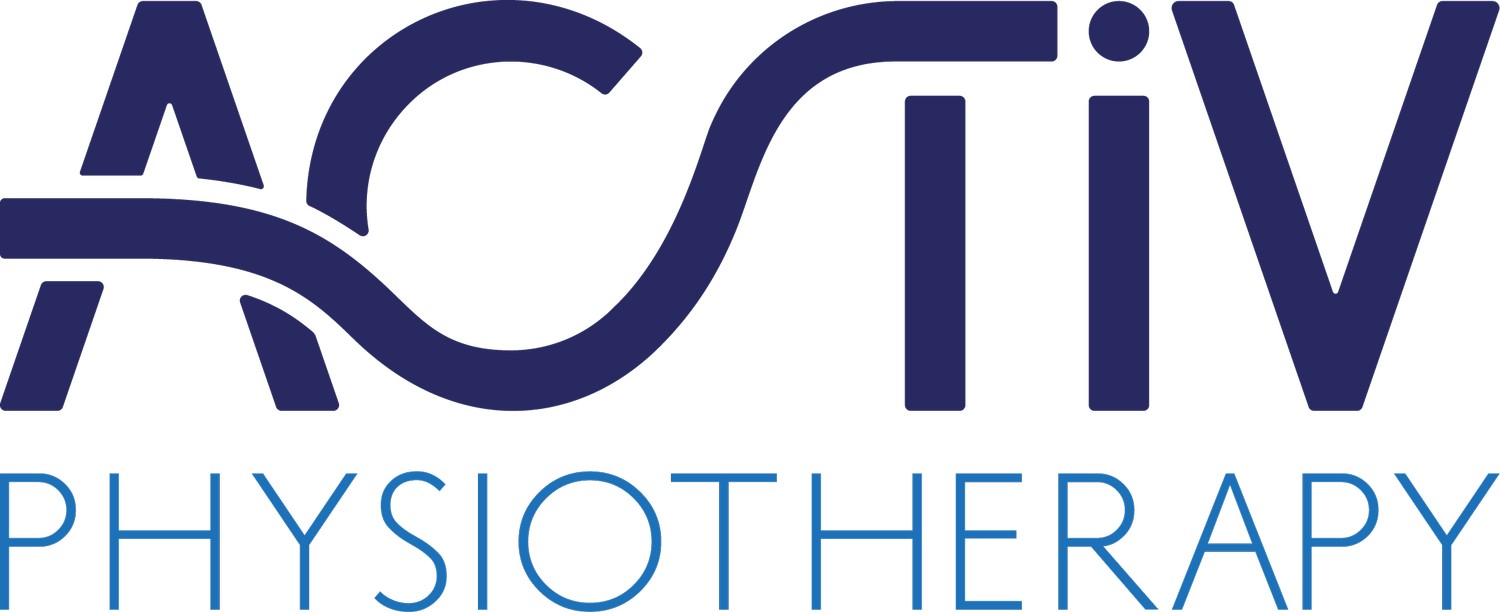Sleep Easy! The Importance of a Good Night’s Rest
According to the Surrey Sleep Research Centre, sleep disorders are prevalent with approximately 10 to 20% of the European and US population reporting frequent sleep disruption. Sleep is a very important part of how our bodies repair and function. You could be leading a very active and healthy life, but poor sleep patterns could impact negatively on your overall wellbeing. Often, these sleep patterns may be caused by watching TV or looking at electronic devices late at night (the light from these sources can disrupt your sleep-wake cycle). Try to go to sleep and wake up around the same time each day, even on the weekends. If you can, avoid night shifts, a schedule that changes, or other things that may disrupt your sleep schedule.
Consistent and healthy sleep ques will help you to get the most out of your night's rest and allow your body to shut off from all of modern-day stimuli
The effects of sleep deprivation can quickly morph into mood disorders like insomnia, anxiety and depression. Research shows that people with insomnia are twice as likely to experience depression, and that around 80% of people with depression experience insomnia. During non REM (Rapid Eye Movement) sleep, your brain is not as active. After you fall asleep, non-REM sleep comes first, followed by a shorter period of REM sleep, and then the cycle starts over again. Without deep sleep and REM sleep, there can be negative impacts on your work performance and quality of life. Sleep has direct links with the way our bodies function including our cognitive ability, heart and circulation, respiratory system, immune system, hormones, weight and circadian clocks.
Brains and Cognitive Ability
Sleep helps to repair and restore our brains – not just our bodies. When we are asleep we process information, consolidate memories and undergo a number of maintenance processes that help us to function during the daytime. In children and teens, sleep also helps support growth and development. Getting inadequate sleep over time can raise your risk for chronic (long-term) health problems. It can also affect how well you think, react, work, learn, and get along with others. We all know how a lack of sleep makes us feel grouchy and bad-tempered!
The blue light on electronic devices is known in interrupt your sleep-wake cycles and are best left to one side for the last half hour of your day to allow your brain and body to slow down after a long day.
Heart And Circulatory System
When you fall asleep and enter non-REM sleep, your blood pressure and heart rate fall. During sleep, your Parasympathetic Nervous System (PNS) controls your body, and your heart does not work as hard as it does when you are awake. During REM sleep and waking, your Sympathetic Nervous System (SNS) is activated, increasing your heart rate and blood pressure to the usual levels when you are awake and relaxed. A sharp increase in blood pressure and heart rate upon waking has been linked to angina or chest pain – and heart attacks.
Respiratory System
During sleep, you breathe less often and less deeply – and take in less oxygen. These changes can cause problems in people who have health problems such as asthma or Chronic Obstructive Pulmonary Disease (COPD). Asthma symptoms are usually worse during early morning sleep. Likewise, breathing problems in people who have lung diseases like COPD can become worse during sleep.
Immune System
Sleep also affects different parts of your immune system, which become more active at different parts of the day. When you sleep, a particular type of immune cell works harder. That is why people who don't get enough sleep may be more likely to get colds and other infections. We have natural killer (NK) cells that will destroy cells that have been invaded and taken over by pathogens. Restricting sleep to four hours for just one night was found to reduce NK cell activity by an average of 72% compared to levels after a full night's sleep. Lack of sleep can also affect how fast you recover if you do get sick.
Hormones, Weight And Circadian Clocks
Not getting enough sleep can lead to higher levels of the hormones that control hunger, including leptin and ghrelin. There may be a decreased ability to respond to insulin and an increase in fatty, sweet and salty foods. Lack of sleep results in a lack of energy and decreased physical activity which contribute to being overweight. A lack of sleep may also be stopping you from losing weight. The way your body handles fat varies according to various circadian clocks, including those in the liver, fat and muscle. For example, the circadian clocks that make sure that your liver is prepared to help digest fats at appropriate times. Your body may handle fat differently if you eat at unusual times.
Sleep-Wake Disorders
There are several different types of sleep-wake disorders, of which insomnia is the most common. Other sleep-wake disorders include obstructive sleep apnoea, parasomnias (a group of sleep disorders that involve abnormal behaviours), narcolepsy, and restless leg syndrome. Sleep disorders are linked to both physical and emotional problems and GPs may refer patients to sleep clinics to be assessed by sleep specialists.


